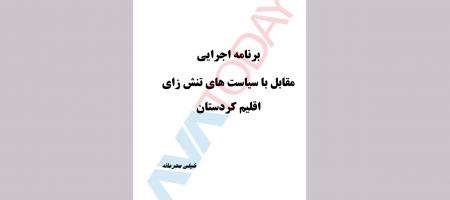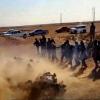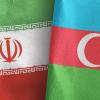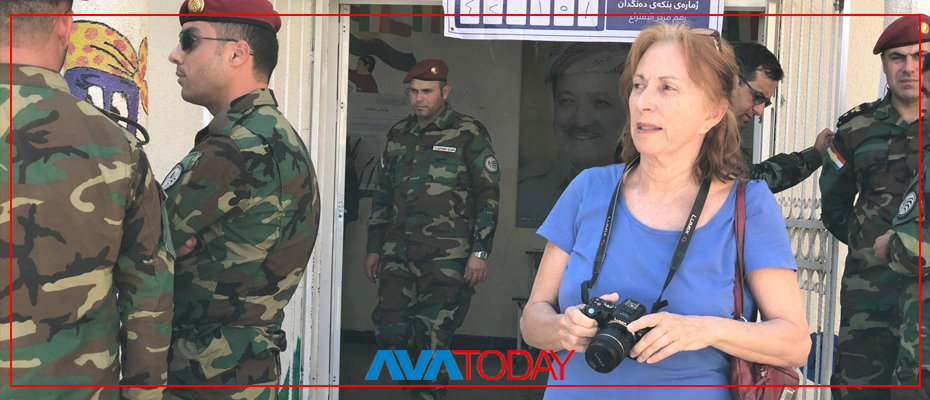
People displaced from Shingal in Nineveh province will not be allowed to vote in the Kurdistan elections for parliament members even though they have been living in Kurdistan since ISIS attacked them in August 2014. Nineveh is not legally part of Kurdistan Regional Government.
It is ironic that when Kurdistan held its referendum for independence, September 25, 2017, all Ezidis in the camps were coerced to vote (YES), but on Sunday they will not be allowed to participate in KRG elections.
Ezidis have no representation in Kurdistan. Who will speak for them?
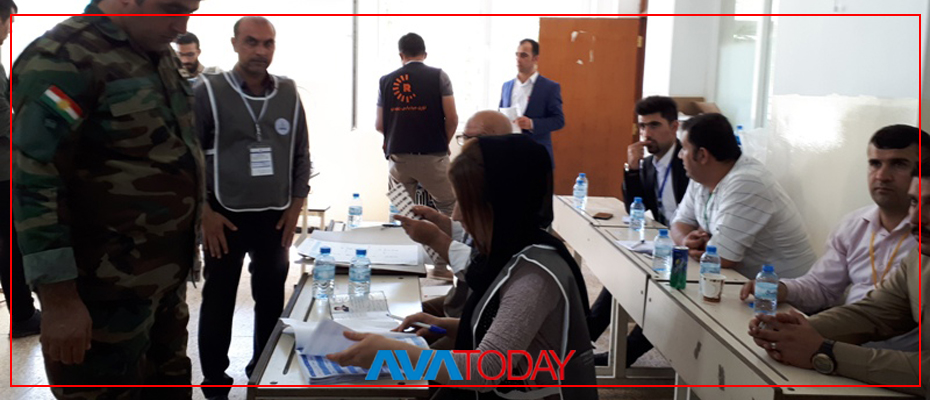
What will happen to approximately 120,000 Ezidis living in IDP camps and 180,000 living in unfinished buildings in Kurdistan?
Last week I had an hour-long meeting with the Rwanga (Qadia) camp manager, Nediyar Lezgin, near Zakho. He told me the Kurdistan plan is that the IDP camps will not be permitted to turn into permanent towns with concrete buildings to replace the tents or caravans. The camps are considered temporary and must eventually be closed.
This is why the camp roads have not been improved and cell phone towers have not been installed, so the wifi signal is weak in the camps.
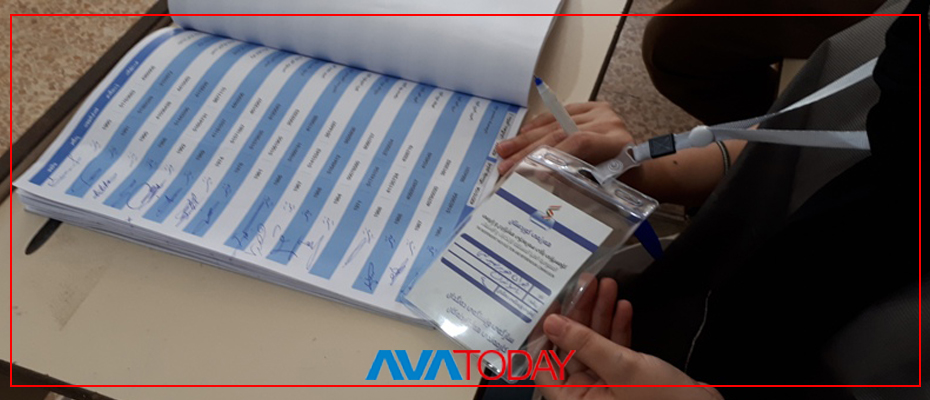
It is the political view in Kurdistan that Ezidis are Kurds and they must return to Shingal. They will not be welcome to remain in camps in Kurdistan and those camps will not be allowed to become permanent towns.
In Shingal, Ezidis will be considered Kurds and their land, therefore, will be called Kurdish. The plan to annex Shingal to Kurdistan has never changed since August 2014 and has not died in spite of the Kurdistan referendum that the international community refused to recognize as legitimate.
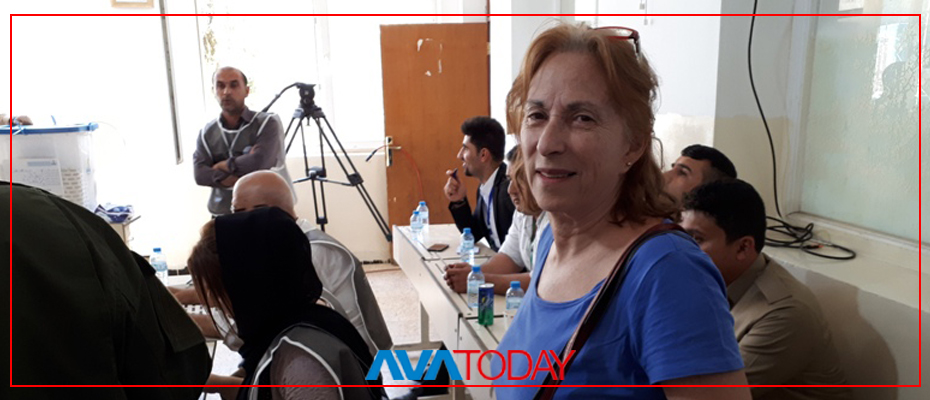
The big problem is that Ezidis are not safe to return to live in Shingal, especially the empty villages on the south side of Shingal Mountain.
Ezidis need three things to return: (1) international protection, including a no-fly zone like Kurdistan, (2) secure borders for religious minorities to live safe, far from their Arab neighbors, some of whom participated in the genocide against them, and (3) massive reconstruction funds.
None of these things can happen. The international coalition returned control of the air space over Shingal to the Iraqi government six months ago. So when Turkey killed PKK leader Mam Zeki in an airstrike on August 15, 2018, near Skeenia, Shingal, it was the Iraqi Air Force that was responsible for controlling the air space.
The Arab villages are already returning to Shingal, while the Ezidis remain in their camps in Kurdistan. Last month Gholat residents and Rabia residents began returning under protection of the Iraqi Army who are maintaining the checkpoints.
The only visible reconstruction projects in Sinjar city are newly painted yellow and white striped curbs and a new steel archway to enter Sinjar. Sinjar city itself remains in ruins. This stretch of Highway 47 from Tal Afar, entering Sinjar from the south side, will look pretty for TV cameras to spread the myth that Sinjar is rebuilt and Ezidis can return to Shingal. It is not.
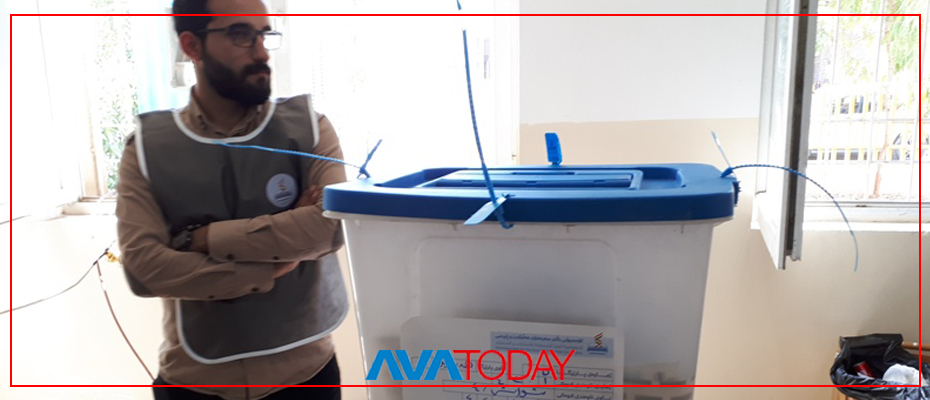
The electricity is working better now in Sinjar, but there are still daily power outages with fewer than 10,000 residents. The villages are without electricity. Shingal cannot support a returning population of 200,000 or 300,000 displaced persons.
Therefore, the only solution for Ezidis is mass migration. It is a bad solution, because they will lose their land, their cultural heritage, their music, their weddings and dancing, and their religious shrines. But saving their children's lives and future is more important. Returning is not an option. Ezidis must rise again as an educated, international, displaced Diaspora.

